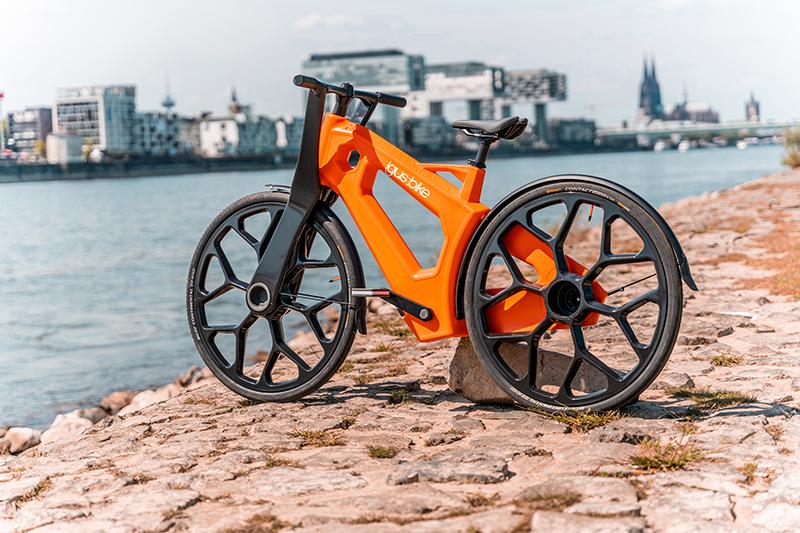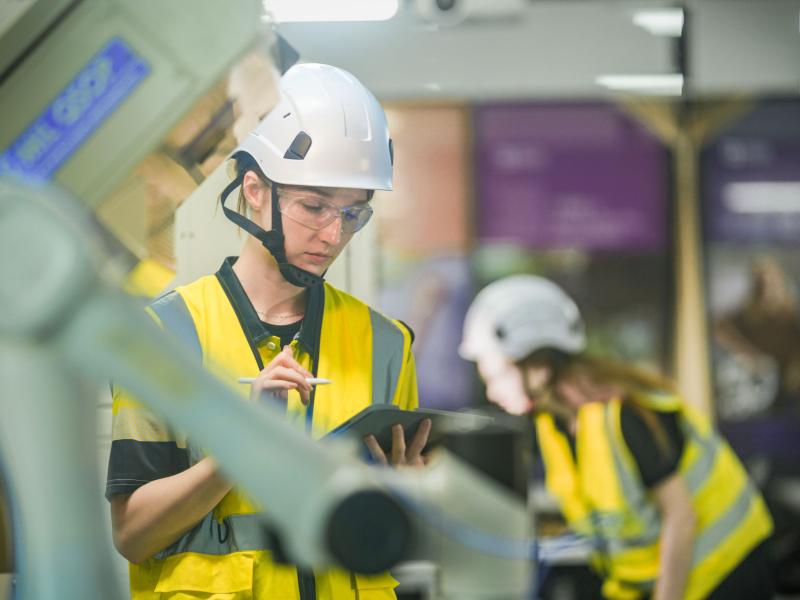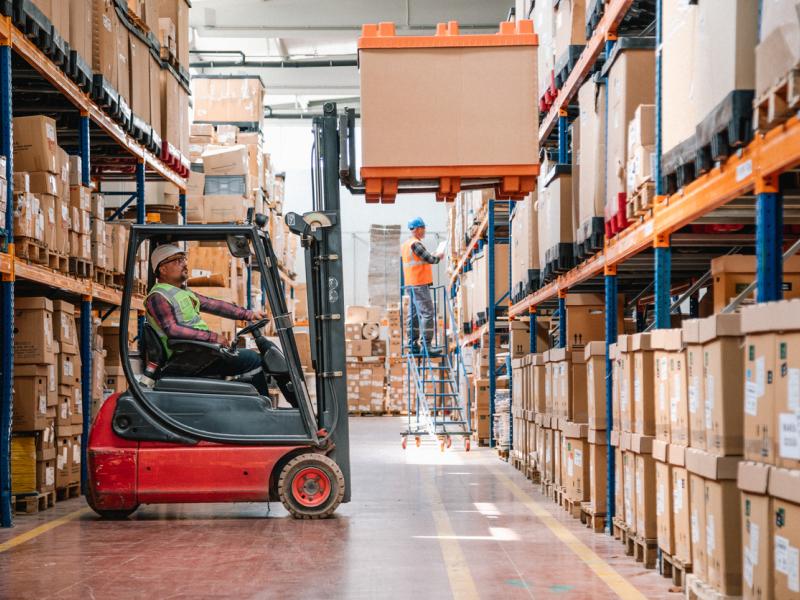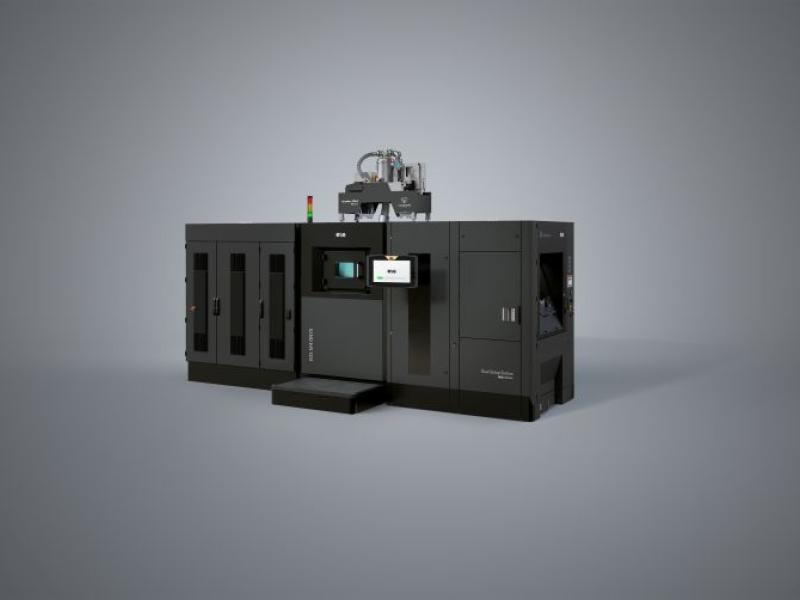With its expertise in plastics for movement, Treotham is making the concept and components available to all bicycle manufacturers on the new igus:bike platform. The first model should be available by the end of the year.
The world is drowning in plastic waste. The huge piles in landfill sites are growing fast. Some of this plastic ends up in the ocean, enters the food chain, and becomes a danger to marine, animal and human life. Therefore it is most urgent to move away from the traditional linear economic model and migrate to a fully circular economy. To help this transformation, igus the motion plastics specialist has been developing and investing in ideas for recycling plastics for many years. The company recently presented a world first: The concept of a robust, durable urban bike made entirely of plastic, from frame to bearings to toothed belt. One special feature of this new bike is that the recycled version will be primarily made of reused plastics originally "single use". "The plastic in rubbish dumps around the world is becoming a valuable resource," explains Frank Blase, igus CEO. He first had the idea of a bicycle, now known as the "igus:bike", on a beach while on holiday. In conversations with employees of a bicycle rental company on the beach, he found out about their major problems with beach bikes. These were continuously exposed to sand, wind and saltwater and sometimes only lasted three months before they had to be replaced. Maintenance and replacement are often expensive and time-consuming in this industry.
"The igus:bike does not rust."
The igus:bike is easier to own than any other bike. Owners can leave the single-speed bike outdoors in all weather and clean it in seconds with a garden hose. “As all components are made of plastic, no part of the bike rusts, even the gears – bicycle gears made of plastic were unthinkable for a long time,” says Blase. Lightweight, lubrication-free high-performance plastics are used in all parts of the bicycle, from two-component ball bearings in the wheel bearings to plain bearings in the seat post, brake levers and pedals. All of these components have integrated solid lubricants and ensure low-friction dry operation – without a single drop of lubricating oil. This ensures that sand, dust and dirt cannot accumulate.
These igus tribo-plastics have been used successfully for a long time and are currently used in more than 70 industries: in automobiles, tractors and robots. And they have also had many fans in the bicycle industry for decades. They have been proving their worth there for a long time in such applications as mountain bikes and e-cargo bikes.
Innovation with experience from industry
In the igus development laboratories, eight developers are currently working on all moving components of the all-plastic bicycle. Ball bearings, brakes, sprockets, gears and drives are being coordinated by Andreas Hermey, the development manager for energy chains and in close cooperation with the bicycle start-up MTRL from the Netherlands. Tried and tested existing developments from igus were adapted to the new application. The result is smooth-operating, quiet, durable plastic components that give suppliers all over the world the opportunity to benefit from the igus:bike platform.
Platform for bike and component manufacturers
The new igus:bike platform offers bicycle manufacturers all over the world the opportunity to jointly advance this technology. The platform continuously shows the status and progress of all components and explicitly invites market players to participate. “We want to enable the bicycle industry to produce plastic bikes,” says Blase. The platform is intended to become a contact point for manufacturers who want to build a plastic bicycle and for all manufacturers of suitable components, such as plastic frames, wheels, drives, and pinions. The platform is already hosting initial corporate collaborations. One example is Helix.eco for recycled plastics. Many more will follow.
First functioning model is planned for the end of the year
Another partner is MTRL, a Dutch a start-up that has successfully put 400 bicycles with plastic frames and wheels onto the Netherlands' roads. “Founders Johannes and Benjamin Alderse Baas are partners who share our vision completely,” says Blase, who is himself an investor in MTRL. “Together, we are refining the all-plastic bicycle.” The bicycle start-up will begin production and sale of a children's model and an adult bicycle for cities by the end of this year. The German launch will be in early 2023. Other versions, such as an e-bike, have also been planned. In the future, the all-plastic bicycle is to be available both in a variant made of new plastic and in one made entirely of recycled material. The first prototypes, successfully produced and tested, were made of material from old fishing nets, for example. MTRL is planning manufacturing facilities near plastic landfills around the world. “From ocean plastics to motion plastics – the igus:bike concept has what it takes to become a high-tech ecological product,” says Blase.
“We have lots more ideas, such as installing condition monitoring using igus smart plastics. That would let you use your smartphone to see how many more thousands of kilometres the bike can take. That will hopefully convince many people who are still sceptical about plastic.”
Contact Treotham for more information.
0800 847 200






